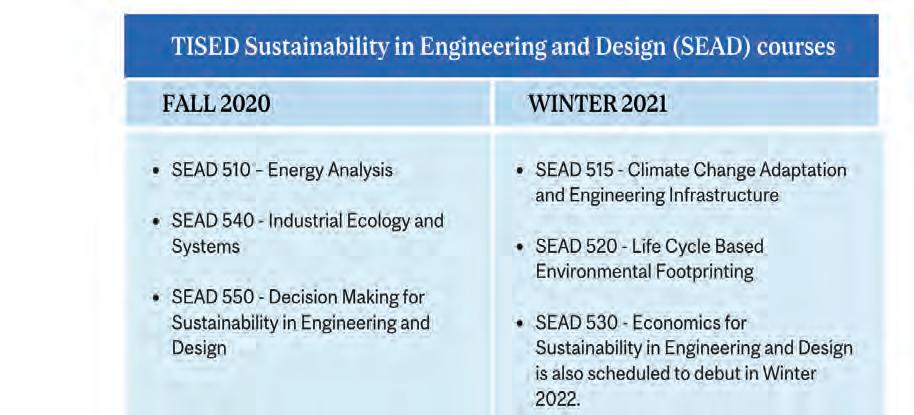
5 minute read
Education and Training
TISED educates future engineers, urban planners, and architects by offering training opportunities, new courses, integrating sustainability into programs, and enhancing education ‘outside the classroom’. Teaching focuses on effective, practical, cutting-edge theories and strategies relevant to the development of sustainable engineers, architects, and planners’ career paths. TISED offers a growing catalogue of interdisciplinary sustainability focused courses, and a master’s program in Sustainability in Engineering and Design is under development.
Advertisement
TISED has continued to advance sustainability education at McGill University and the sustainability master’s program has taken further steps to becoming reality.
Program Timeline
February 2019 - McGill Senate Final Approval
May 2020 - Submission to Bureau de coopération interuniversitaire (BCI) & Québec Ministère de l’éducation et de l’enseignement supérieur
In the past year, we have commenced formal steps towards creating a new master’s program in sustainability. The program dossier was submitted to the Bureau de coopération interuniversitaire (BCI) in May 2020 and presented to their Academic Affairs Committee in June 2020. In January 2021, TISED received a BCI request for more information on our proposed program in the form of questions on specific details of the program. All the McGill stakeholders in the program worked alongside with the TISED team to answer these questions and our responses were delivered back to the BCI in anticipation of the upcoming virtual site visit.
TISED Course Offerings
In preparation of the debut of the master’s program, TISED has been gradually introducing the courses of the proposed program into the McGill Engineering curriculum.
Over the past year, enrolment in SEAD courses has stayed steady despite the pandemic. A total of 83 students completed the four SEAD courses during the 2020-2021 academic year, for an average enrollment of about 20 students per course (compared to 17 students per course during the 20192020 academic year).
Since the creation of the SEAD courses, we now have a total enrolment of 307 students in 15 classes since Fall 2016 when Energy Analysis was first taught by Prof. Bergthorson.
Proposed Master’s Program Space – Trottier Building Renovations
In 2017, a the space in the Trottier Building was identified as a location to physical house the proposed TISED Master’s Program. The Faculty of Engineering (Electrical and Computer Engineering) and the Faculty of Science (Computer Science) have shared the occupancy of the Trottier Building since its construction in 2004. A block of rooms on the 2nd floor of Trottier (rooms 2060-64 & 2070), which are presently shared by the two Faculties, has been identified as an optimal home to accommodate the proposed TISED program.
In spring of 2019, the Office of the Provost approved the funds for the project; the design of the space and the execution of the renovations. WSP was awarded the project and initial design plans for the layout of the renovted space were presented by WSP to the Faculty and TISED in March 2021 meeting. The new space will consist of a reception area, two small conference rooms, a multi-purpose student space and two offices for future administrative support staff; a graduate student advisor and an internship coordinator.
Following a series of revisions, draft design layout of the physical space was finalized in June and is shown in Appendix B. An approximate timeline for the completion of the space renovation is shown blow.
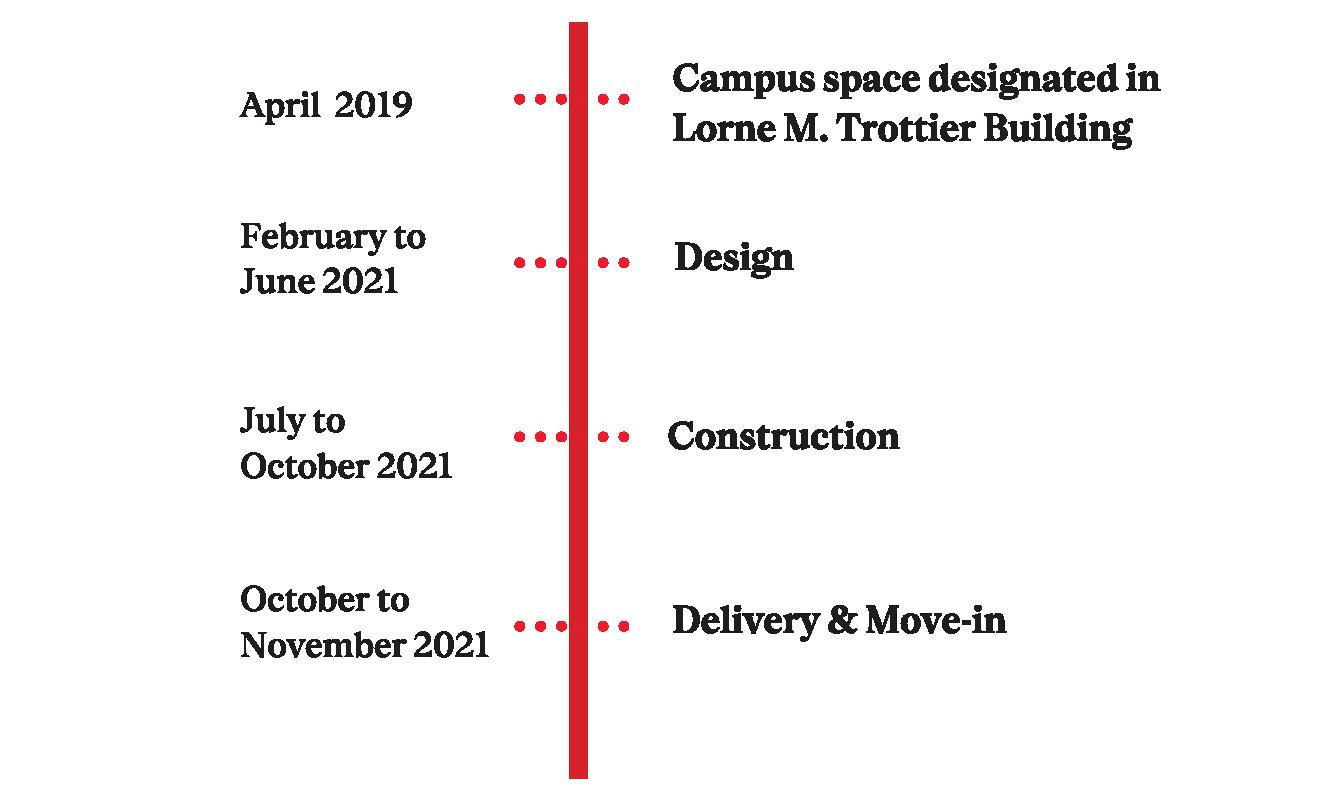
In summer of 2020, TISED launched a new initiative aimed at developing educational content on sustainability for a variety of undergraduate courses in the Faculty of Engineering. Named the Sustainability Education Workshops (SEW), the goal of the initiative is to develop educational learning modules that can be offered to students in a work-shop format. These modules would also be made available to Professors within the Faculty who wish to include some sustainability content in their existing (or new) courses.
Another goal of this initiative is to produce a series of high-quality, concise, and impactful videos that can expose students, at the undergraduate, high school, and CEGEP level, as well as, and prospective future Master’s Program students, to the major concepts of sustainability. The content and structure of the videos will be inspired and informed by these teaching modules. Through this effort, TISED can increase its impact and promote its goal of educating current and future generations of engineers, urban planners, and architects to be leaders in sustainability in their professions.
2020 SEW Initiative Timeline
• August 2020 - Call for applications • September 2020 – Applications review & announcement of recipients • January – August 2021 – Preparation of workshop content • Fall 2021 – Winter 2022 – Delivery of the inaugural workshops
The first call for applications for workshop funding was launched in the fall of 2020 and three applicants were successful in the competition. The recipients were advanced to begin their work and the final workshop content materials are expected to be delivered to TISED by the summer of 2021. It is expected that the initial workshops will be delivered during the 2021-2022 academic year.
2020 SEW Initiative Recipients
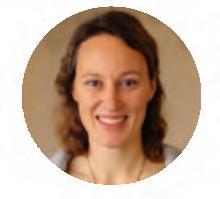
Prof. Kietzig’s workshop focuses on the use of software in the area of materials resource information. This popular software, ANSYS Granta, provides users access to a database of information on materials and their properties that will allow for enhanced design and performance. The workshop will highlight the Eco-Audit tool within the software and will allow participants to evaluate the environmental impacts (energy, water) of their different design options and configurations when building a product or designing a process.
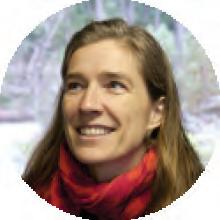
Prof. Omelon’s workshop will teach carbon footprinting and the ISO 14044:2006 standards that govern the life cycle analysis (LCA) process. The workshop will walk participants through the application of the LCA process in different engineering scenarios and highlight the benefits of the analysis to engineering and design in the different engineering disciplines within the faculty.
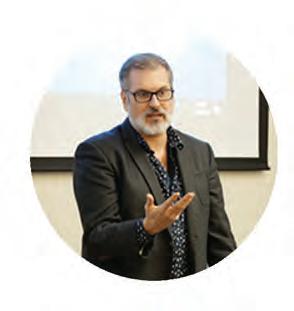
Prof. Jeffery Bergthorson (Mechanical Engineering), Energy Transitions
Prof. Bergthorson’s workshop will cover the role of energy in human society, the challenges of our existing energy system, and the different options available to us to generate sustainable and greenhouse-gas-free energy. With climate change and limited oil reserves demanding a transition away from fossil fuels, clean primary energy technologies, based on wind, water and solar, are shown to be cost effective and practical options for decarbonizing our electricity grid. Energy storage technologies, from stationary storage options, such as pumped hydro or compressed air, to portable energy carriers, such as hydrogen, ammonia and even metal fuels, are also discussed as a key enabler to the transition to a low-carbon and prosperous society.








